INSECT LAB EXPANDS POSSIBILITIES
With $1.1 million in industry and government funding, the University of Saskatchewan will soon be home to a brand new, high-tech, bio-secure insect research facility.
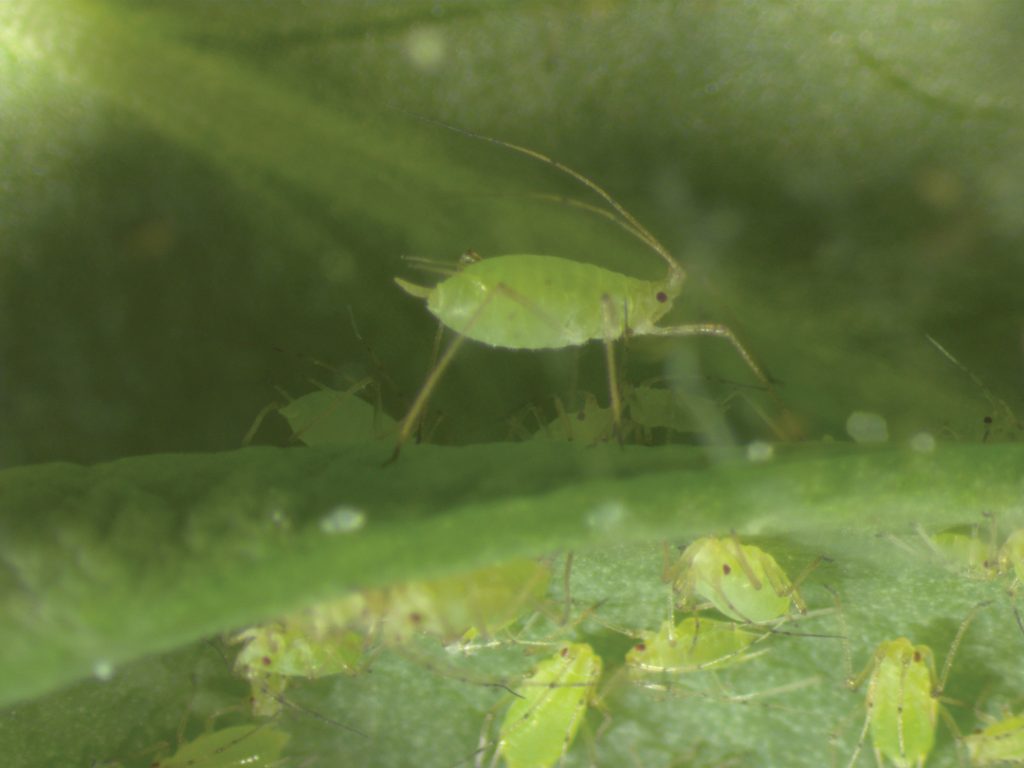
With $1.1 million in industry and government funding, the University of Saskatchewan will soon be home to a brand new, high-tech, bio-secure insect research facility.
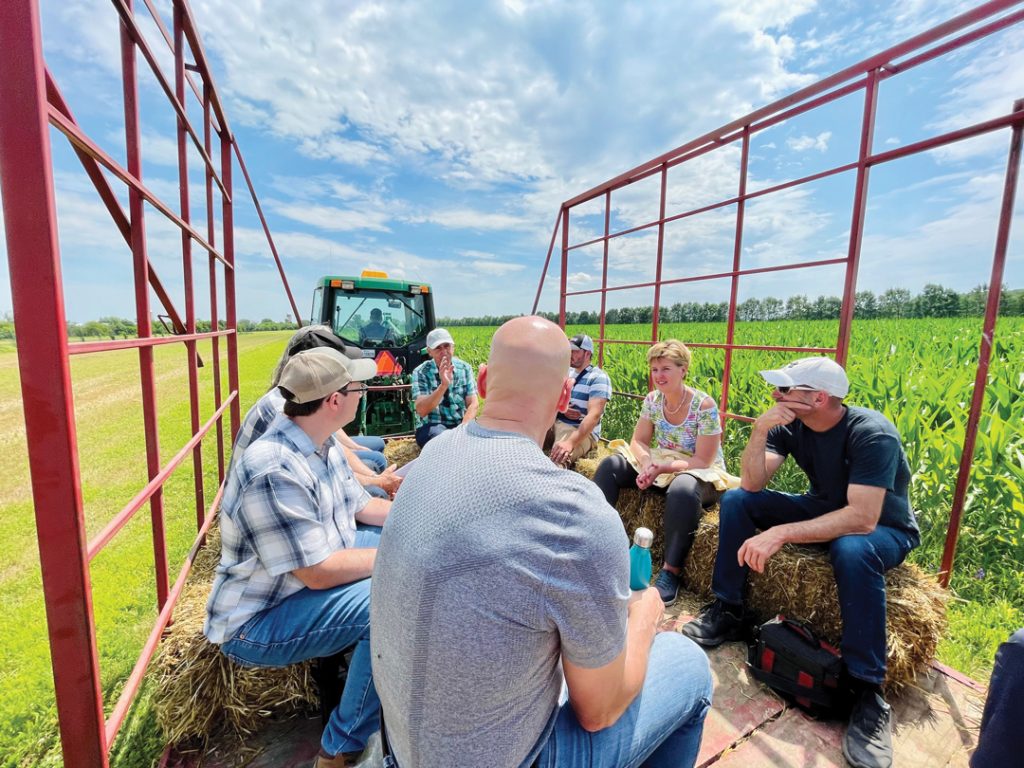
Across Canada, the federal government continues its push of the ag industry towards greater sustainability to offset climate change.
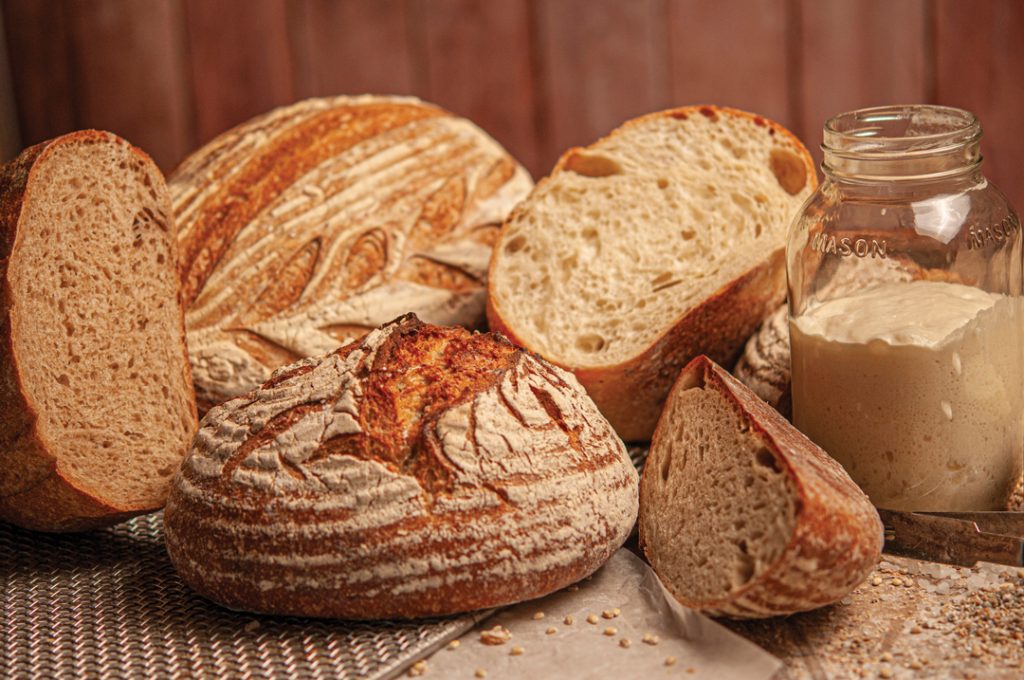
Most bakers will tell you the “starter culture” is the essence of sourdough bread. This includes Jay Cummings, director of bakery and deli operations for Freson Bros., an Alberta-based grocery market chain that sells locally produced food. “Before they hired me, they asked what I would do if I was to run their bakery program,” said Cummings. “I said I would go back to real baking—sourdough baking.” He has developed many starters, but said his one culture, dubbed “Charlie,” which he created for the grocer, is special.

When he and his wife Gabriele immigrated to Kaslo, B.C., from a small Bavarian town in the summer of 1979, Silvio Lettrari craved the sourdough bread he grew up eating. He began baking and selling his own loaves as a summer project in 1991. Locals raved and demand grew, so the couple launched Kaslo Sourdough in 1993 and marketed their bread across the West Kootenays.
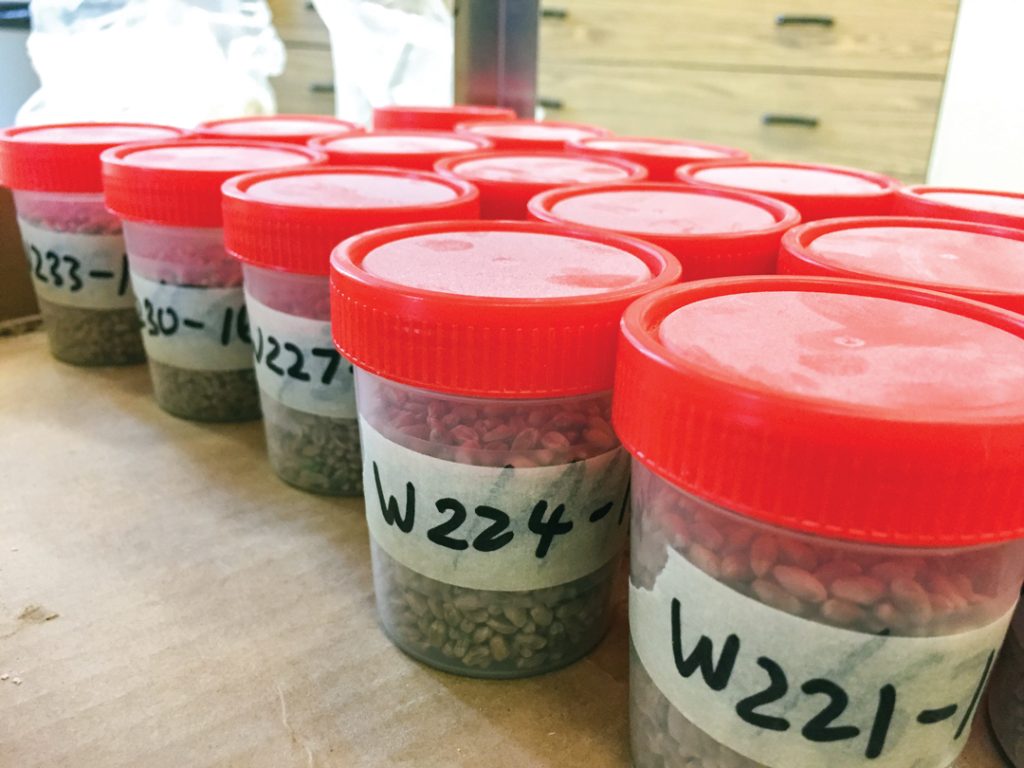
Unpredictable weather and fall uncertainty in recent years have seen farmers harvest early and rely on grain dryers to handle crops with markedly high moisture levels. With this near-dependence on drying, they are constantly on the lookout for methods to improve their financial return.
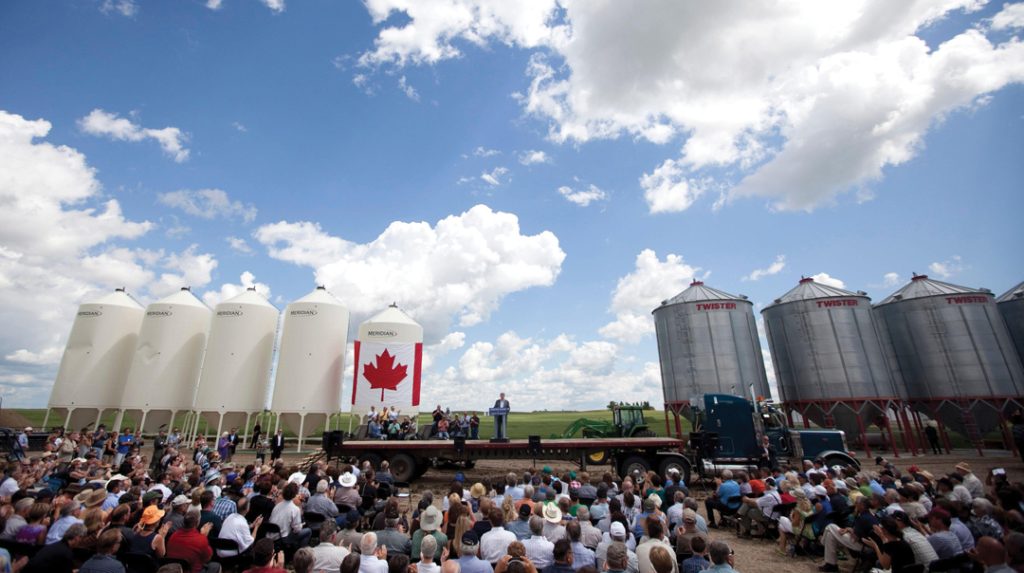
Ten years after the Canadian Wheat Board (CWB) single desk was dismantled, most farmers retain vivid memories of permit books, contract calls and initial, interim and final payments. Membership in the CWB for marketing of wheat and barley was made compulsory in 1943 via the War Measures Act and its authority remained in place until Aug. 1, 2012.
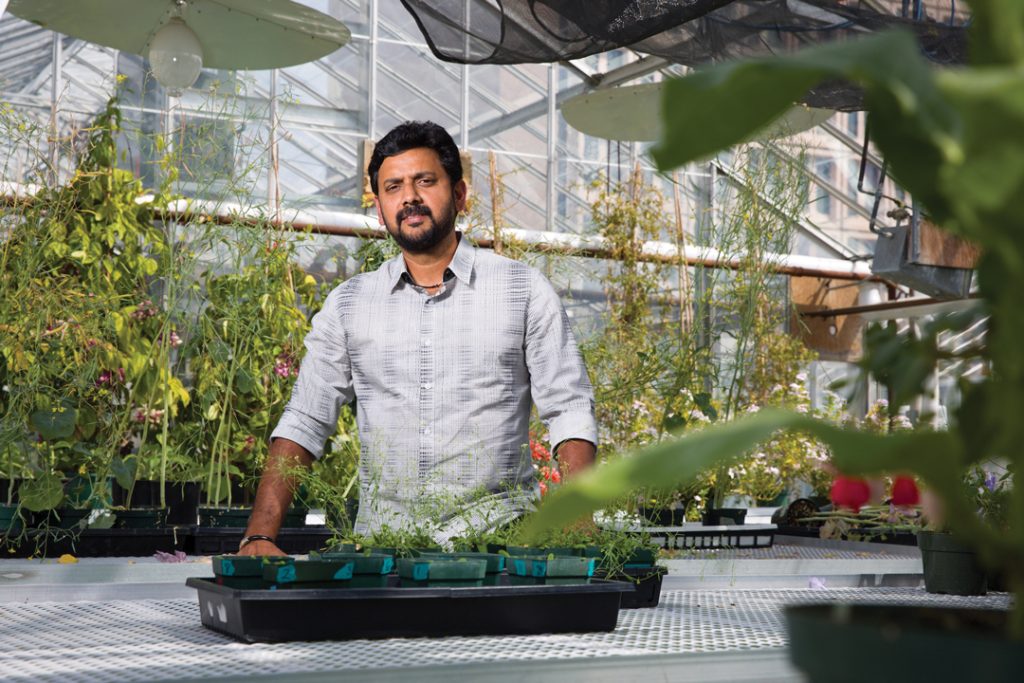
Over the past two years, University of Calgary plant breeder Marcus Samuel has demonstrated impressive drought-tolerant proof-of-concept improvements in wheat using an innovative, non-GMO breeding technique. The project has received $398,000 in funding from the Saskatchewan Ministry of Agriculture, Results Driven Agricultural Research, the Alberta Wheat and Barley Commissions, SaskWheat and the Manitoba Crop Alliance. Samuel hopes to bring these same drought tolerance gains to elite wheat varieties nearing commercialization.
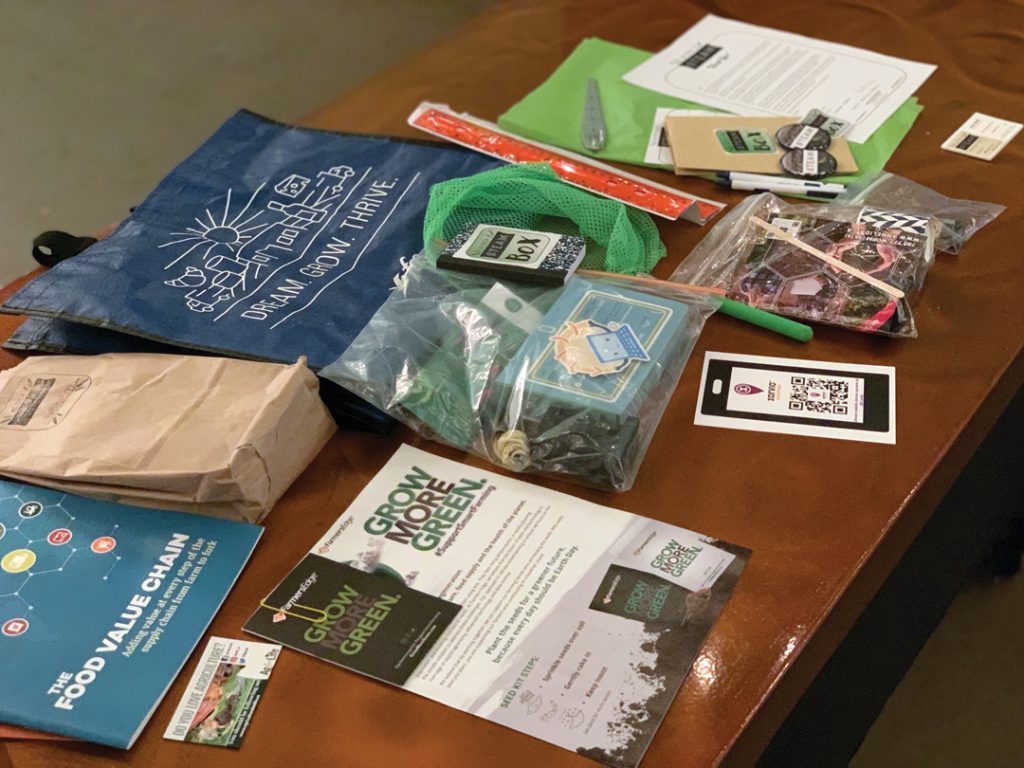
A farm kid with a love of computer programming, Luke Silinski has chosen to help young people engage with the world of agricultural technology. The Grade 12 student attends the Golden Hills Learning Academy online program. He is the creator of Ag Tech STEAM, a not-for-profit project that develops free, online ag tech educational materials for rural and underserved youth.
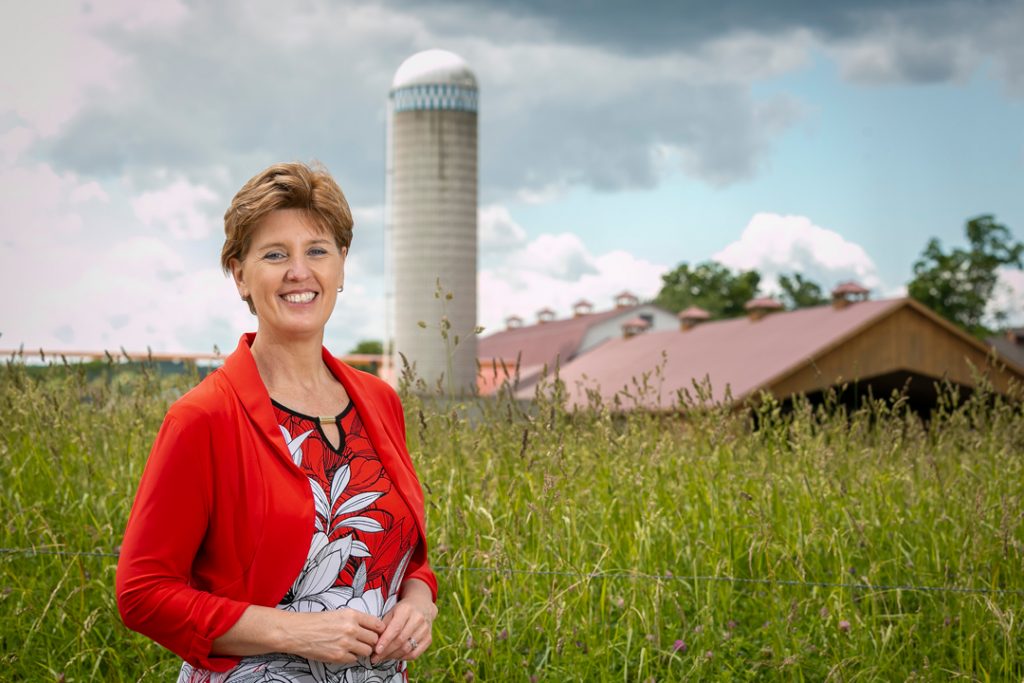
As the Canadian Agricultural Partnership sunsets over the next six months, the next round is finalizing its planning, which includes a name change. Starting April 1, 2023, the Sustainable Canadian Agricultural Partnership (SCAP) will begin a new five-year work cycle with funds totalling $3.5 billion.
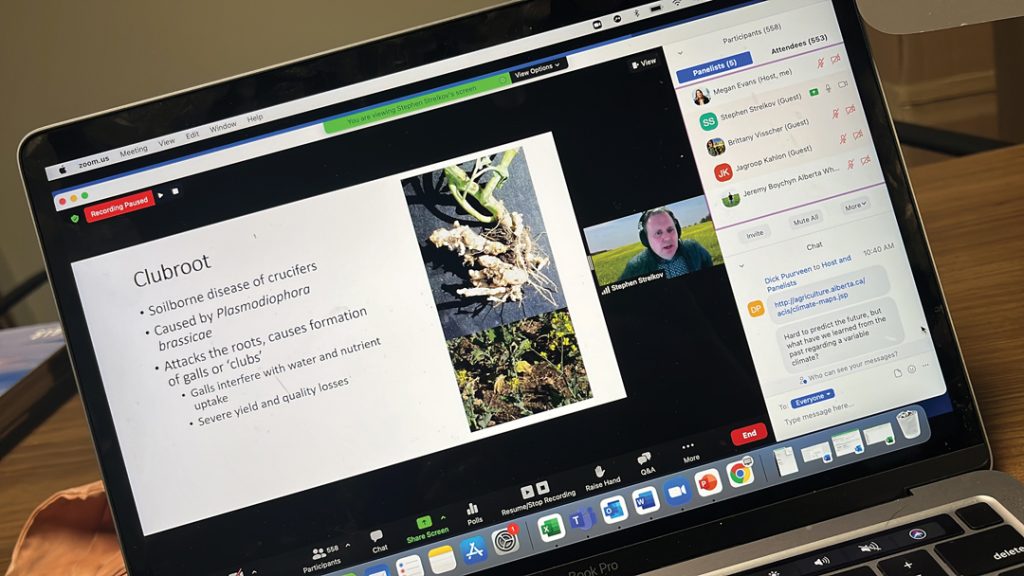
Massive resources are poured into agricultural research. It’s the goal of industry organizations to present this rich body of fresh agronomic information alongside established knowledge and make it easy to understand for farmers and agronomists. This communication process is commonly referred to as “extension.”